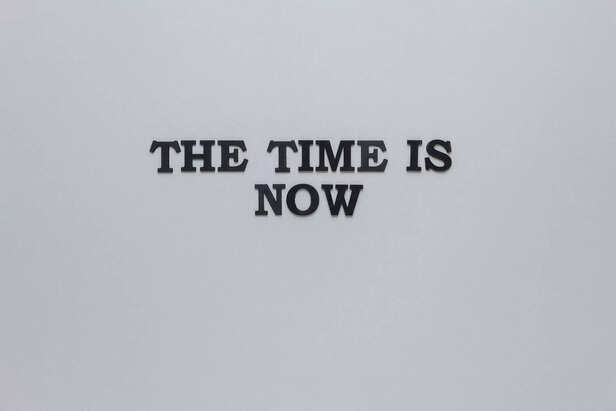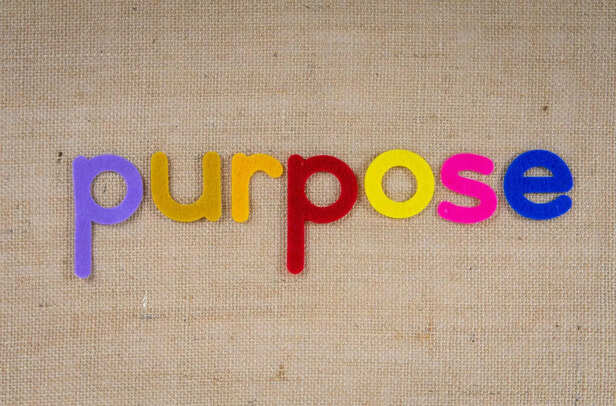Gita Says: You’re Not Overthinking, You’re Just Obsessed With Yourself
Riya Kumari | Jul 02, 2025, 23:55 IST
( Image credit : Times Life Bureau, Timeslife )
By the time I’d scrolled through three mental conversations, a fake scenario involving my ex’s wedding, and exactly zero replies to a text I sent four minutes ago, I realized something: I wasn’t overthinking. I was starring in the Me Show, playing all the roles, writing the script, and clapping from the front row.
Most of your suffering isn’t from life. It’s from how tightly you grip your own narrative. There’s a moment—right between replaying a conversation from yesterday and mentally drafting a confrontation that may never happen—when it hits you: You’re not thinking about life. You’re thinking about yourself, in life. And there’s a difference. Overthinking isn’t a sign of intelligence. It’s a symptom of self-attachment. And that’s not modern psychology talking. That’s Bhagavad Gita, page one stuff.
1. Your Mind Isn’t Restless. It’s Self-Centered

We love to label ourselves “overthinkers” like it’s a noble affliction. As if it means we care more. See more. Feel more. But let’s be honest. Most of our thoughts aren’t about the world. They’re about how the world sees us.
Did they like what I said?
What did that text mean?
Why did she ignore me?
It’s not thinking. It’s looping. And the loop always leads back to you. The Gita calls this Ahamkara—the false ego. The part of you that keeps mistaking temporary emotions for truth and identity. It’s the voice that says, “This is happening to me,” instead of just saying, “This is happening.”
2. Arjuna Was You, Just With Armor On

The Gita starts with Arjuna frozen. In the middle of a war. Sword in hand. Full panic. But he wasn’t scared of the arrows. He was scared of being wrong. Of hurting people. Of ruining his image. He was having what we’d now call a “breakdown.” And Krishna?
Didn’t say, “Feel your feelings.”
Didn’t say, “You’re valid.”
He said: “Drop the story. Do your duty.”
Meaning: act without needing the moment to flatter your ego. Detach from the emotional drama that keeps making you the main character in every scene.
3. Pain vs. Obsession: Learn to Tell the Difference

There’s clean pain.
Then there’s self-generated suffering.
Most of us live in the second one.
You’re not sad because they ignored you. You’re sad because of the meaning you created around being ignored. You’re not anxious because life is uncertain. You’re anxious because you believe uncertainty reflects your inadequacy.
There’s a version of life that hurts and then there’s the version your mind edits to make it all about you. Only one of them is real.
4. Let Go of Your Favorite Lie

Here’s a hard truth, served gently: You’re not as important as your thoughts say you are. And that’s not an insult. That’s your freedom. You don’t need to be decoded, defended, explained, or “understood” by everyone. You’re not a riddle. You’re a presence. And presence doesn’t need performance.
The Gita teaches that you are not your thoughts.
You’re not your worries, or reactions, or that fake future where everyone claps for your comeback. You are the stillness beneath all that. And stillness has no need to prove itself.
5. The Practical Exit From the Spiral

No, this isn’t about “just think positive.” That’s surface-level advice for a deeper problem. Here’s the real move:
What If It Wasn’t About You?
What if Karen’s short tone had nothing to do with you?
What if your friend’s silence wasn’t rejection, just timing?
What if the world isn’t watching you fail—but just going about its day?
The Gita doesn’t shame you. It frees you. From the illusion that the world is yours to control. From the weight of constant self-focus. From the mental exhaustion of trying to be someone instead of just being. So next time your brain fires up its dramatic monologue, stop and ask: Am I thinking—or am I just addicted to myself again? Because the truth is—
You're not overthinking.
You're over-you-ing.
And when you finally let go of yourself, you’ll feel what peace actually tastes like.
1. Your Mind Isn’t Restless. It’s Self-Centered

Mirror
( Image credit : Pexels )
We love to label ourselves “overthinkers” like it’s a noble affliction. As if it means we care more. See more. Feel more. But let’s be honest. Most of our thoughts aren’t about the world. They’re about how the world sees us.
Did they like what I said?
What did that text mean?
Why did she ignore me?
It’s not thinking. It’s looping. And the loop always leads back to you. The Gita calls this Ahamkara—the false ego. The part of you that keeps mistaking temporary emotions for truth and identity. It’s the voice that says, “This is happening to me,” instead of just saying, “This is happening.”
2. Arjuna Was You, Just With Armor On

Charity
( Image credit : Pexels )
The Gita starts with Arjuna frozen. In the middle of a war. Sword in hand. Full panic. But he wasn’t scared of the arrows. He was scared of being wrong. Of hurting people. Of ruining his image. He was having what we’d now call a “breakdown.” And Krishna?
Didn’t say, “Feel your feelings.”
Didn’t say, “You’re valid.”
He said: “Drop the story. Do your duty.”
Meaning: act without needing the moment to flatter your ego. Detach from the emotional drama that keeps making you the main character in every scene.
3. Pain vs. Obsession: Learn to Tell the Difference

Free
( Image credit : Pexels )
There’s clean pain.
Then there’s self-generated suffering.
Most of us live in the second one.
You’re not sad because they ignored you. You’re sad because of the meaning you created around being ignored. You’re not anxious because life is uncertain. You’re anxious because you believe uncertainty reflects your inadequacy.
There’s a version of life that hurts and then there’s the version your mind edits to make it all about you. Only one of them is real.
4. Let Go of Your Favorite Lie

Now
( Image credit : Pexels )
Here’s a hard truth, served gently: You’re not as important as your thoughts say you are. And that’s not an insult. That’s your freedom. You don’t need to be decoded, defended, explained, or “understood” by everyone. You’re not a riddle. You’re a presence. And presence doesn’t need performance.
The Gita teaches that you are not your thoughts.
You’re not your worries, or reactions, or that fake future where everyone claps for your comeback. You are the stillness beneath all that. And stillness has no need to prove itself.
5. The Practical Exit From the Spiral

Purpose
( Image credit : Pexels )
No, this isn’t about “just think positive.” That’s surface-level advice for a deeper problem. Here’s the real move:
- Notice when your thoughts start circling around “me.”
- Interrupt the loop. Pause. Breathe. Don’t respond.
- Redirect energy into service, into something larger. Something not about your image.
- Act without needing applause or clarity or control.
- Repeat until peace replaces pride.
What If It Wasn’t About You?
What if Karen’s short tone had nothing to do with you?
What if your friend’s silence wasn’t rejection, just timing?
What if the world isn’t watching you fail—but just going about its day?
And What If That’s Not Tragic, But Liberating?
You're not overthinking.
You're over-you-ing.
And when you finally let go of yourself, you’ll feel what peace actually tastes like.
